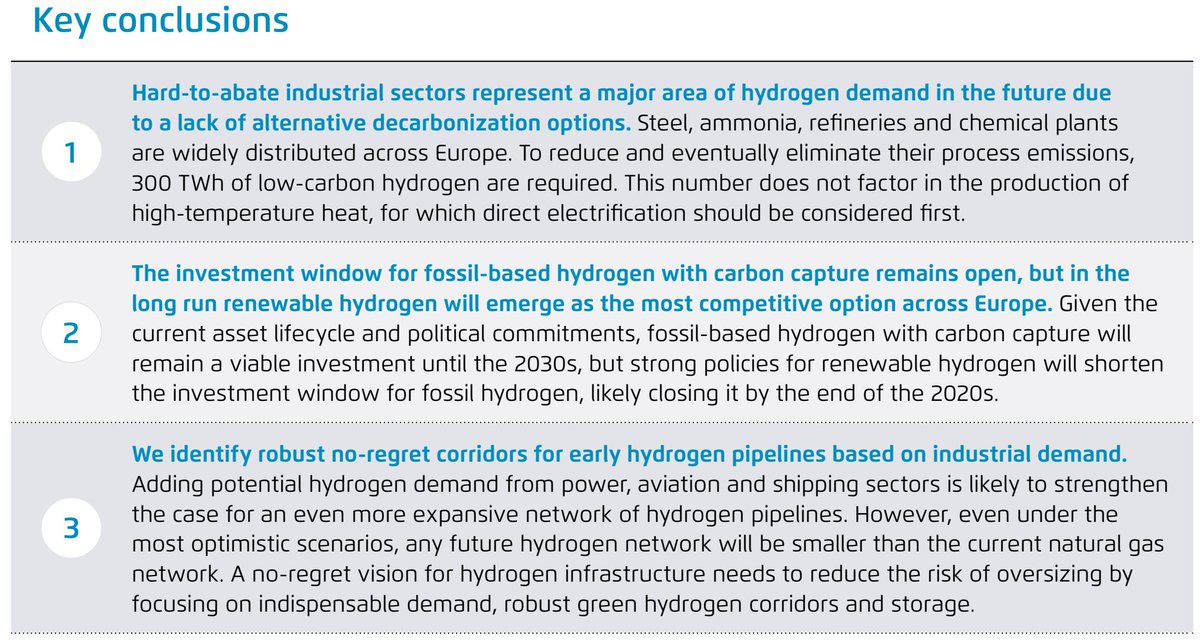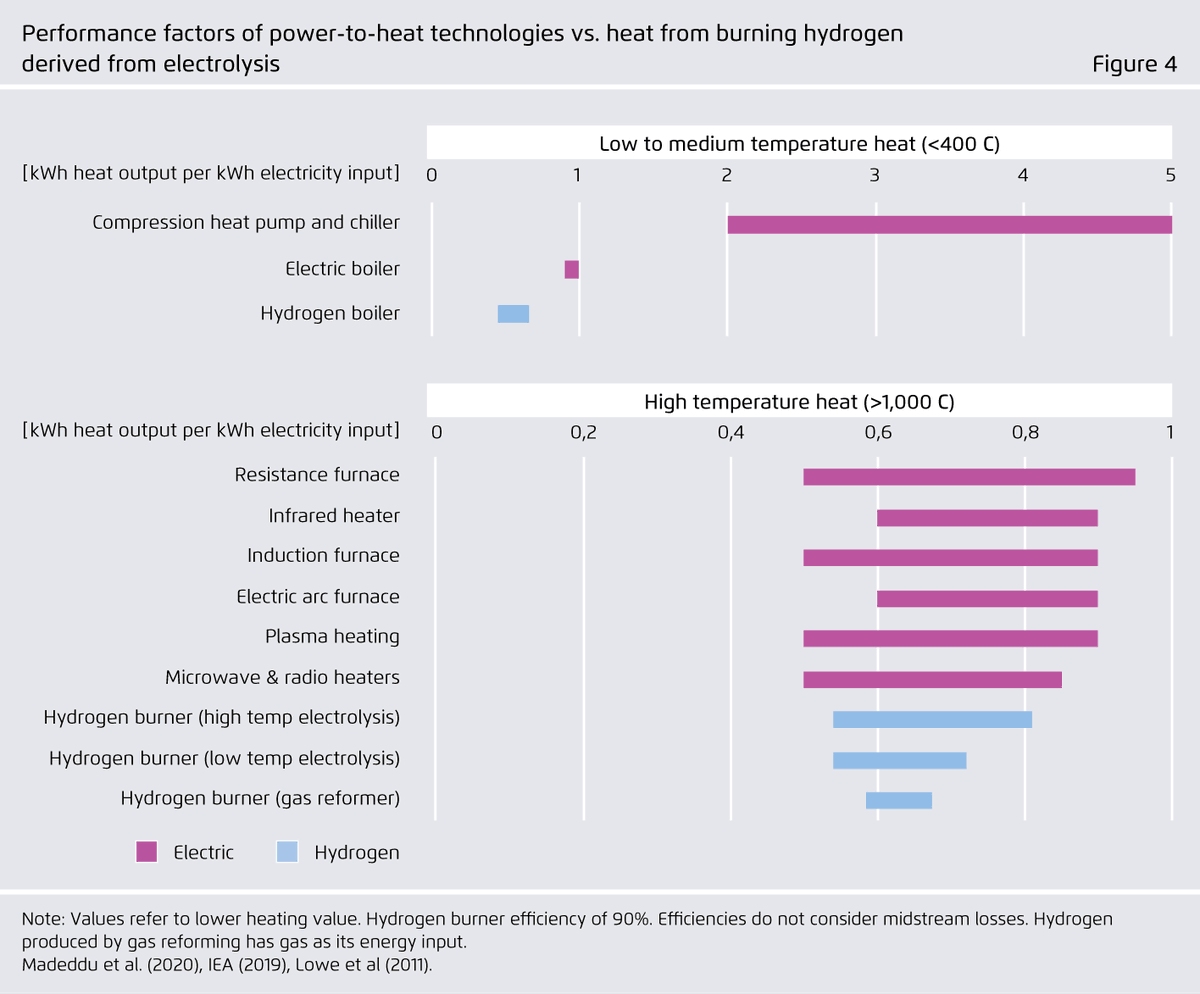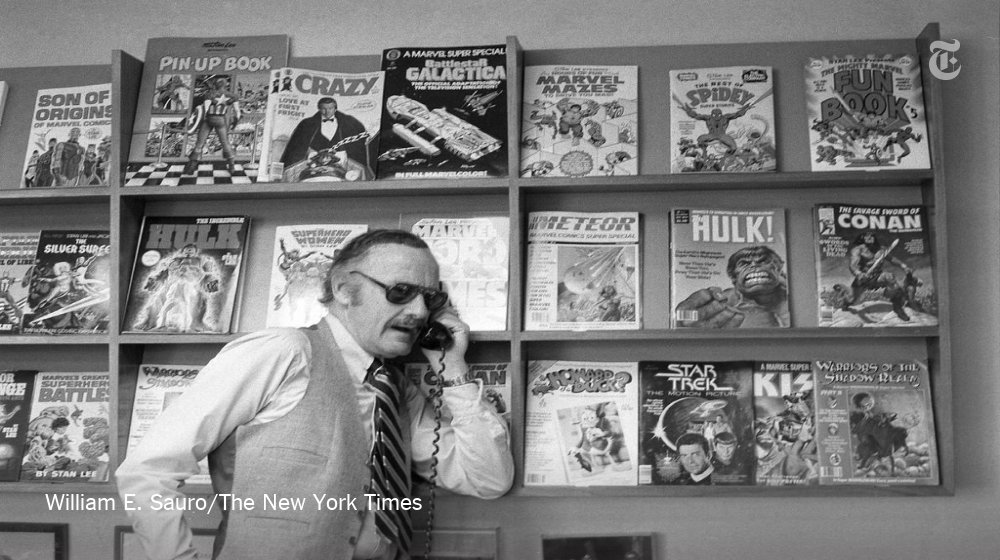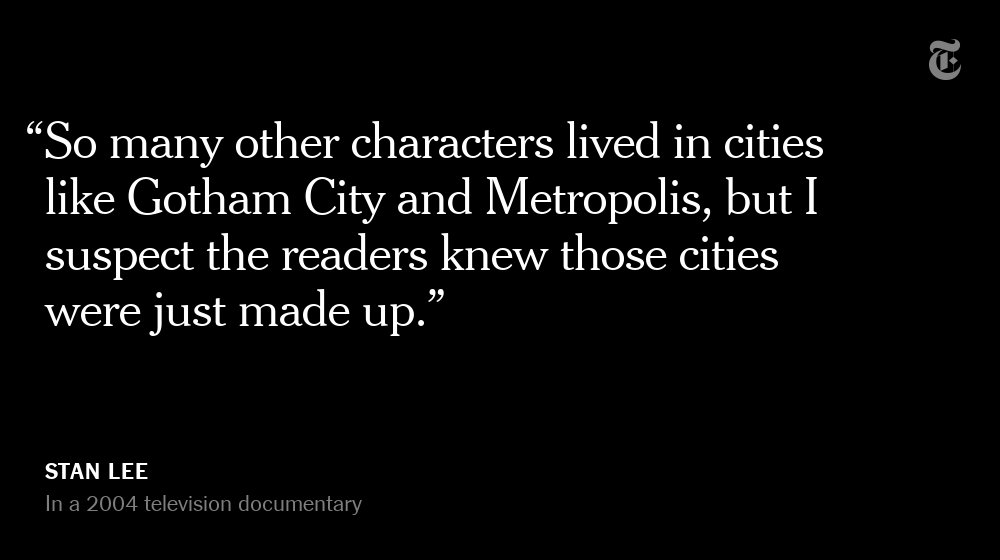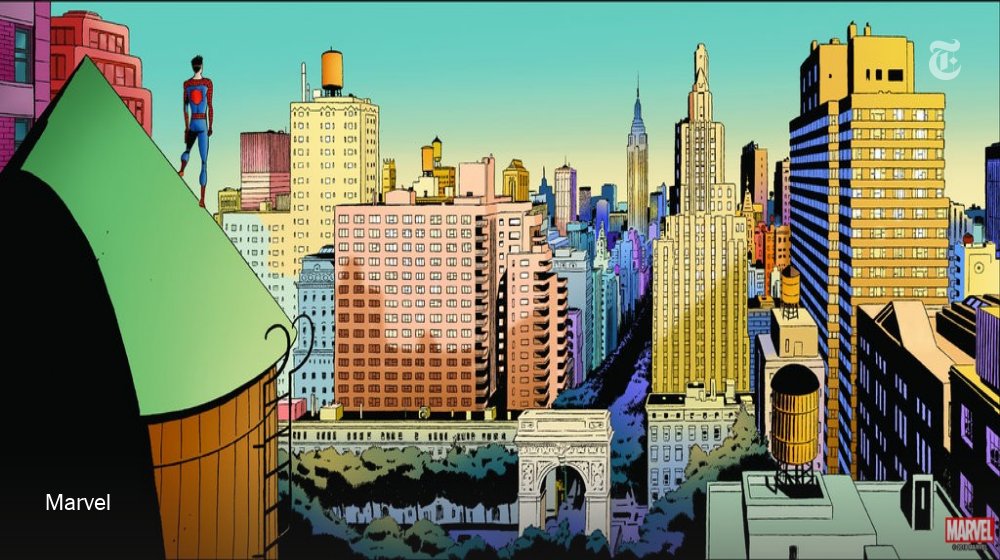1) Boost your stem cells
Your body slowly regenerates using stem cells.
Foods that promote stem cell growth:
• Seafood & fatty fish
• Berries (black, blue, raspberry)
• Broccoli, cauliflower, brussels sprouts
More stem cells = lower chance of cancer
Fasting is also a viable option for increasing your stem cells.
You could do a 24 hour fast once a week.
Or go extreme like my business partner
@taylinsimmonds And fast for 4-7 days at a time.
I’ll stick with 24 hours tops ;)
@TaylinSimmonds 2) Hack DNA repair for longevity
To amplify DNA repair:
• Sleep 7+ hours
• Exercise regularly
• Try intermittent fasting
Natural DNA repair prevents your cells from mutating.
@TaylinSimmonds Eat foods that amplify DNA repair:
• Greens
• Mangoes
• Greek yogurt
The best cancer cure is prevention.
@TaylinSimmonds 3) Optimize your gut biome
Akkermancia is a gut bacteria that fights cancer.
• Fish oil
• Grapes
• Black tea
• Pomegranate
All grow it.
A simple way to increase the effects of cancer treatments.
@TaylinSimmonds 4) A healthy gut boosts cancer immunity
70% of your immune system lives in your gut.
When healthy it:
• Fights cancers
• Improves mood
• Boosts metabolism
• Controls hormones
• Lowers inflammation
Strengthen gut biome to get a boost in immunity.
To give yours a boost…
@TaylinSimmonds 2 types of foods to boost your gut health:
• Probiotic foods add bacteria
• Prebiotic foods feed bacteria
Yogurt = healthy probiotic.
Bananas = healthy prebiotic.
(Assuming you’re eating yogurt with little added sugar of course)
@TaylinSimmonds 5) Starve cancer to death
Cancer needs blood supply to grow.
It feeds off of your weak blood vessels.
Cut off blood supply = destroy cancer.
So how do you cut off the blood supply?
@TaylinSimmonds Foods that cut cancer from your blood supply:
• Stone fruits
• Artichokes
• Lavender
• Red wine
• Turmeric
• Olive oil
• Berries
• Garlic
Cancer can’t grow bigger than the tip of a pen without blood supply.
These foods are your saving grace.
@TaylinSimmonds 6) Eat foods with bioactives
Bioactives are part of a plant’s defense system.
Benefits of bioactives in your diet include:
• Anti-cancer
• Anti-diabetic
• Anti-microbial
• High antioxidant
• Cardiovascular health
Eat organic fruits and veggies to reap these benefits.
@TaylinSimmonds 7) Antioxidants = your front line of defense
Ellagic acid is the general of your antioxidant army, it:
Stops the spread of cancer cells
Protects cells from damage
Slows cancer cell growth
Improves brain function
Reduces inflammation
Reap these benefits with the following…
@TaylinSimmonds Food sources high in antioxidants:
• Nuts
• Berries
• Pomegranates
• Ellagic acid supplements
Eat more antioxidants to battle cancer and other chronic health issues.
@TaylinSimmonds What I found from 100’s of hours of cancer research:
1) Boost your stem cells
2) Hack DNA repair
3) Optimize gut biome
4) Boost gut health
5) Starve cancer by cutting off blood supply
6) Eat bioactive foods
7) Eat Antioxidants
@TaylinSimmonds Thanks for reading till the end!
I must admit that I’m no doctor.
However,
You can’t go wrong taking your health into your own hands.
If you or a loved one are diagnosed with cancer, I recommend seeking professional help.
I hope that day never comes for you.
If you like this, please RT the 1st tweet.
And follow me
@landonclost for more.
Thank you,
Landon
https://t.co/PvzYYWxNVx
Hey everyone, I’ve seen all the comments and appreciate the feedback from scientists who have dedicated their life researching this subject. Please remember, I’m not a scientist or a doctor. DYOR and remember this is just what I’ve discovered from my own research.
I’m sorry if any of the wording in this thread isn’t scientifically accurate and some of the nuance might have gotten lost in translation.
